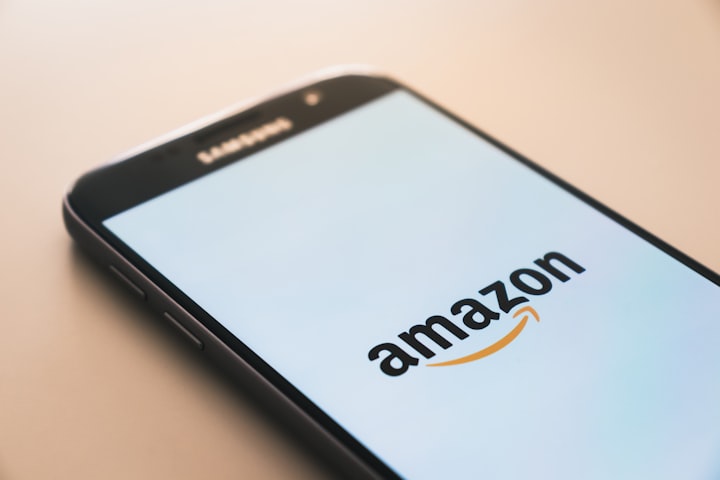
In the ever-evolving landscape of modern employment, the gig economy has emerged as a transformative force, reshaping the contours of work-life balance. As traditional nine-to-five structures give way to flexible, on-demand opportunities, the delicate equilibrium between professional commitments and personal fulfillment is being redefined. This paradigm shift carries both promises and perils, painting a canvas where the boundaries between work and life are both blurred and expanded.
Imagine a world where work adapts to your schedule, not the other way around. Welcome to the gig economy, where professionals harness their skills in diverse projects, granting them the autonomy to craft their own work-life symphony. This autonomy is both liberating and daunting, bestowing the freedom to determine when, where, and how work takes place. It offers the prospect of attending a child's school play in the afternoon and wrapping up a project in the evening—a tapestry of time that is truly one's own.
However, as we traverse this uncharted terrain, we must be wary of its potential pitfalls. The gig economy's fluidity can paradoxically blur the lines between work and leisure. The ability to work anytime, anywhere can become a double-edged sword, as the temptation to keep working incessantly blurs the boundaries of rest and productivity. This prompts a critical question: does flexibility inadvertently lead to an 'always-on' culture, undermining the very essence of work-life balance?
In the quest for balance, technology often plays both protagonist and antagonist. It enables remote collaboration, fostering the notion that a project can be executed from a coffee shop, a park, or a home office. Yet, it's this very technology that can encroach on personal time, as smartphones become conduits through which work seeps into moments reserved for family, hobbies, and self-care.
But the gig economy is more than an evolving employment structure; it's a call for a recalibration of priorities. It's a reminder that flexibility doesn't absolve employers of their responsibility to ensure their workers' well-being. As workers increasingly become self-propelled entities, organizations must adapt to this paradigm by fostering cultures of support, offering resources for managing stress, and cultivating open lines of communication.
The gig economy also begs us to redefine productivity. Traditionally, productivity has been measured in hours clocked at the office. However, the gig economy compels us to assess productivity by outcomes rather than input. This seismic shift forces us to question the established norms of work and consider results as the true barometer of success.
Yet, perhaps the most profound impact of the gig economy is its role in nurturing entrepreneurship. As individuals take on multiple projects, they assume the role of micro-entrepreneurs, shaping their professional destinies. This democratization of opportunity is a beacon of hope for those seeking autonomy and creative fulfillment. It's a testament to the notion that work isn't just a means of livelihood; it's an avenue for self-expression and growth.
Amidst this evolution, the gig economy calls for intentional self-management. It's a journey that compels individuals to curate their own work schedules, aligning professional pursuits with personal aspirations. The key lies in mindfulness—the ability to strike a harmonious chord between chasing professional ambitions and nurturing relationships, passions, and well-being.
As we navigate the intersection of the gig economy and work-life balance, communication emerges as a guiding star. Transparent conversations with employers, clients, and family members become the compass by which one charts their journey. Setting clear boundaries—communicating when work ends and personal time begins—is a cornerstone in sculpting a work-life tapestry that aligns with one's values.
In the grand narrative of the gig economy and work-life balance, we are not passive observers; we are protagonists. As professionals, we stand at the helm of our destinies, crafting narratives that harmonize ambition and well-being. The challenges are real, but so are the opportunities. The gig economy beckons us to embrace a new era—one that transcends the confines of traditional employment structures and compels us to shape a life that resonates with authenticity and purpose.
In conclusion, the gig economy is both a voyage and a destination—a journey that challenges us to redefine how we work, how we live, and how we thrive. It's a testament to the malleability of modern employment, offering a canvas where individuals paint their own definitions of success. The pendulum swings, the scales tip, and in the delicate equilibrium, we discover not just a new approach to work, but a profound reimagining of life itself.





Comments (1)
Good great work!